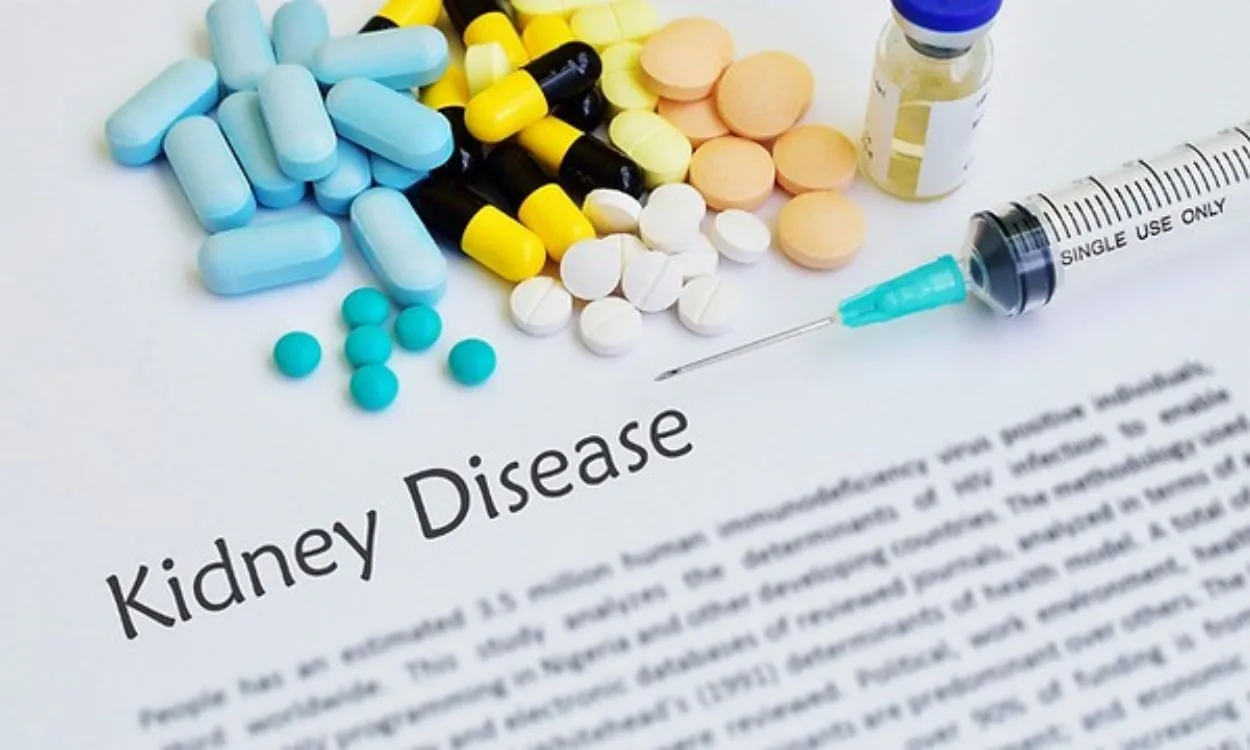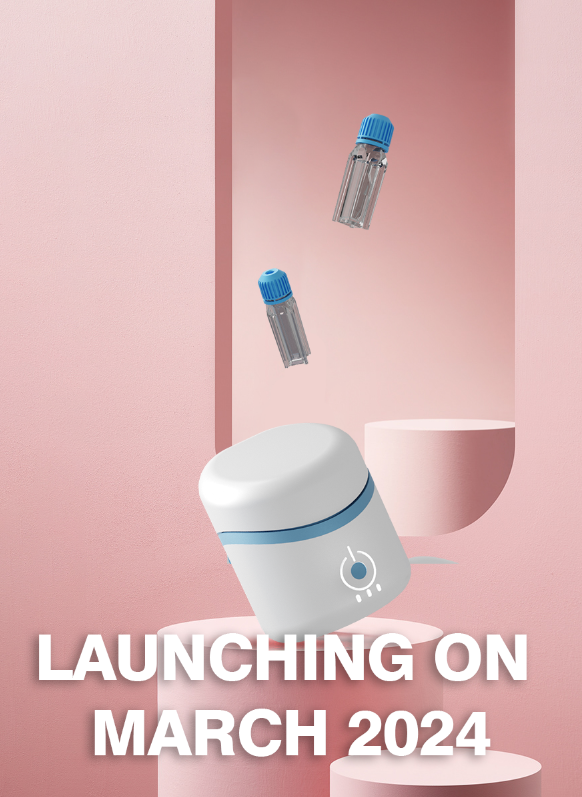
Unlocking the Truth: The Kidney-Killer Connection of Painkillers
In the realm of pain relief and inflammation management, Nonsteroidal Anti- Inflammatory Drugs (NSAIDs) stand as stalwart allies. However, delving deeper into their intricate dance with kidney health reveals a nuanced relationship that demands our attention and understanding.
Unlocking the Truth: The Kidney-Killer Connection of Painkillers
Pain is an inevitable part of life, and thankfully, we have painkillers to help us navigate through those tough moments. From headaches to muscle aches, these analgesics offer relief, but it's crucial to recognize that even the most effective medications come with potential risks. In this blog, we'll delve into the often-overlooked connection between painkillers and kidney health, shedding light on how the very remedies we turn to for comfort may, when misused, jeopardize our kidneys.
The Power and Pitfalls of Pain Medicines: Pain medicines, or analgesics, are renowned for their ability to alleviate discomfort, quell fevers, and even tackle inflammation. They're our go-to solution for a myriad of ailments, ranging from arthritis and migraines to toothaches and menstrual cramps. While these drugs generally provide relief and are considered safe when used properly, it's essential to remember that no medication is entirely without risks.
The Kidney Conundrum: The National Kidney Foundation reports a startling statistic – as much as 3 to 5 percent of new cases of chronic kidney failure each year may be attributed to the overuse of painkillers. This revelation serves as a stark reminder that even well-intentioned reliance on these medications can have severe consequences for our kidneys.
The Slow Erosion: Chronic kidney disease, a condition that affects millions globally, can be linked to the prolonged and unsupervised consumption of painkillers. The kidneys, our body's filtration system, are equipped with tiny structures called nephrons, responsible for filtering blood and eliminating waste. The relentless use of painkillers can disrupt this delicate process, reducing the pressure within nephrons and causing potential long-term damage.
Understanding the Mechanism: Imagine nephrons as small, cone-shaped units within your kidneys, diligently working to maintain the delicate balance of your internal environment. Painkillers, when used recklessly, interfere with this process. The excessive use of these medications can lead to acute or chronic kidney failure, a slow erosion of your body's natural defenses against waste buildup.
The Silent Culprit: Unlike some health issues that manifest with obvious symptoms, kidney damage often occurs silently, without warning. This silent progression makes it even more critical for individuals to be mindful of their painkiller consumption, as the repercussions might not become apparent until significant damage has been done.
Conclusion: As we reach for painkillers to ease our discomfort, it's vital to approach these remedies with caution and respect for our body's intricate mechanisms. The kidneys, our unsung heroes, deserve our attention and care. By using painkillers judiciously, under supervision, we can ensure that we reap the benefits without subjecting our kidneys to unnecessary risks. Let's prioritize our long-term well-being and handle these potent medications with the care they demand. Your kidneys will thank you.

